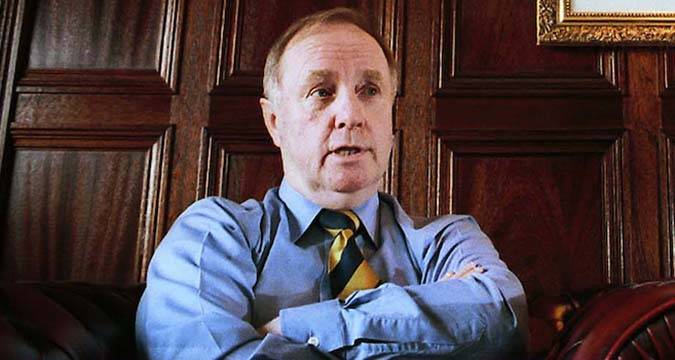 MAURICE LINDSAY (May 8, 1941 - May 17, 2022)
Rugby League visionary Maurice Lindsay witnessed the very best of times at Wigan Warriors, as well as the proud club's worst, and was a driving force in the seismic shift to summer action via the creation of Super League.
Negotiating determinedly with powerful Australian media magnate Rupert Murdoc
MAURICE LINDSAY (May 8, 1941 - May 17, 2022)
Rugby League visionary Maurice Lindsay witnessed the very best of times at Wigan Warriors, as well as the proud club's worst, and was a driving force in the seismic shift to summer action via the creation of Super League.
Negotiating determinedly with powerful Australian media magnate Rupert Murdoc Obituary: Maurice Lindsay – Rugby League’s visionary leader
 MAURICE LINDSAY (May 8, 1941 - May 17, 2022)
Rugby League visionary Maurice Lindsay witnessed the very best of times at Wigan Warriors, as well as the proud club's worst, and was a driving force in the seismic shift to summer action via the creation of Super League.
Negotiating determinedly with powerful Australian media magnate Rupert Murdoc
MAURICE LINDSAY (May 8, 1941 - May 17, 2022)
Rugby League visionary Maurice Lindsay witnessed the very best of times at Wigan Warriors, as well as the proud club's worst, and was a driving force in the seismic shift to summer action via the creation of Super League.
Negotiating determinedly with powerful Australian media magnate Rupert Murdoc 